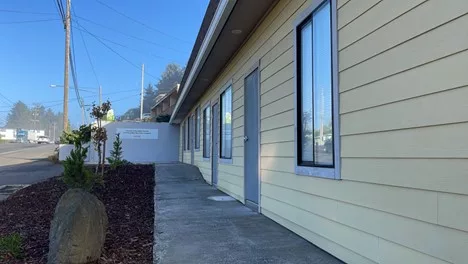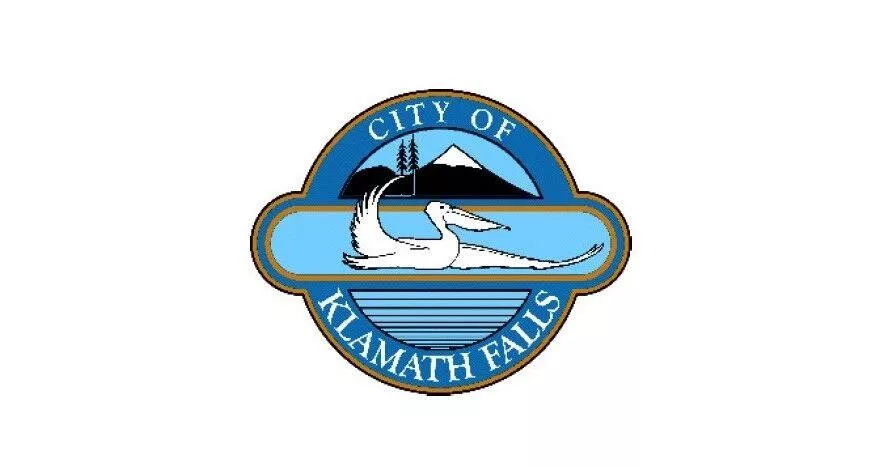SALEM, Ore. — Oregon Housing and Community Services (OHCS) is investing $5 million to combat rural homelessness through the Youth Emergency Housing Assistance Program (YEHA). The $5 million will be disbursed to five different organizations in Coos, Klamath, Lincoln, Douglas, and Josephine Counties that help youth and their families who are experiencing homelessness or at risk of becoming homeless.
“We are committed to ensuring every young person in Oregon has a safe place to call home,” said OHCS Executive Director Andrea Bell. “By investing in real solutions to address youth homelessness, we aim to bridge the funding and service gaps that rural communities often face. This investment will help create sustainable pathways to housing stability and increase opportunities for our youth to thrive.”
The YEHA project team analyzed data from both Oregon’s Emergency Homelessness Response and the Department of Education to identify which communities had the highest rate of youth experiencing homelessness to ensure these funds make the biggest possible impact. The YEHA project team chose the Coos County Office of Homelessness Response, Integral Youth Services in Klamath County, the Lincoln County Housing Authority, Family Faith and Relationship Advocates (FARA) in Douglas County, and the Maslow Project in Josephine County to receive funding.
“This funding will empower us to expand our outreach, enhance our support services, and build sustainable solutions for the unique challenges faced by our Josephine County community,” said Maslow Project Founder and Executive Director Mary Ferrell. “It’s a vital step toward ensuring that youth and families in our county can access safe and stable housing. We know that when stabilized, youth are far more likely to finish high school, improve their long-term outcomes, and end the cycle of homelessness.”
YEHA aims to provide housing-focused services to school-age children and their families to enhance family stability and school success. The organizations in these counties will establish and promote intentional collaboration between schools and housing providers to extend a reliable family support network and optimize the funding’s impact. These resources will help cover expenses such as rent, utilities, work and educational support, moving costs, transportation, furniture, household goods, and more.





